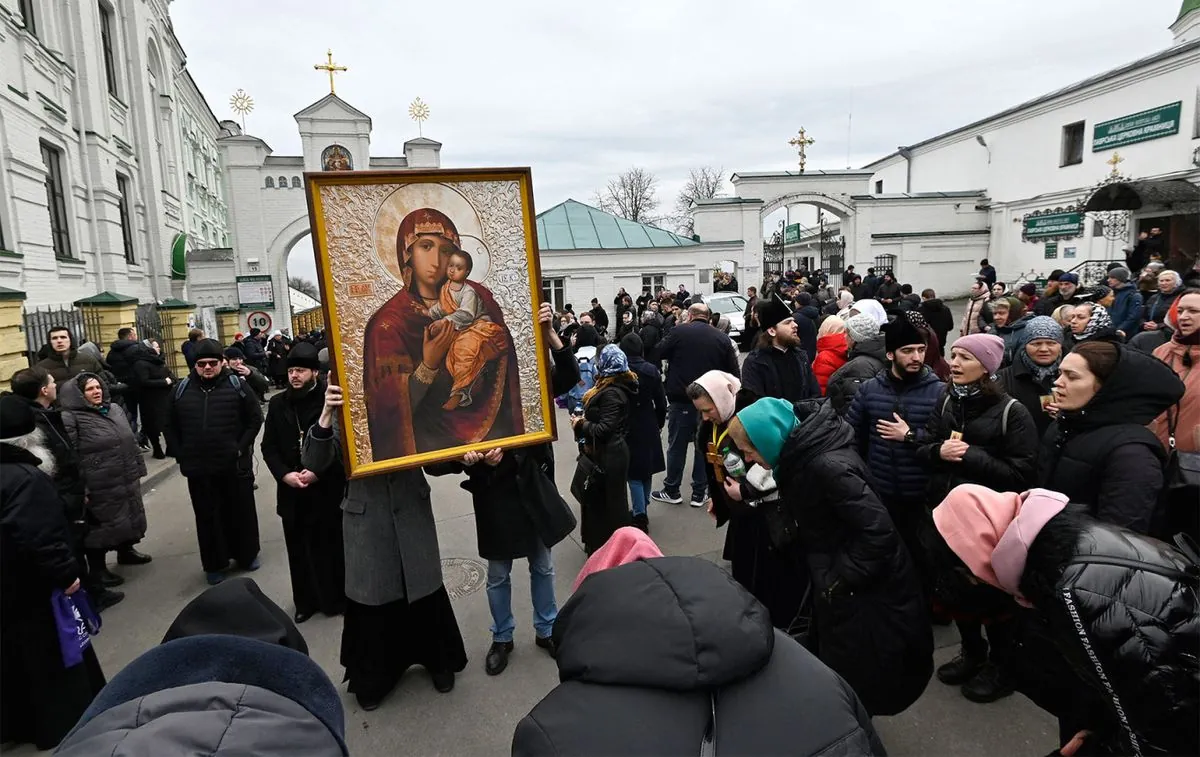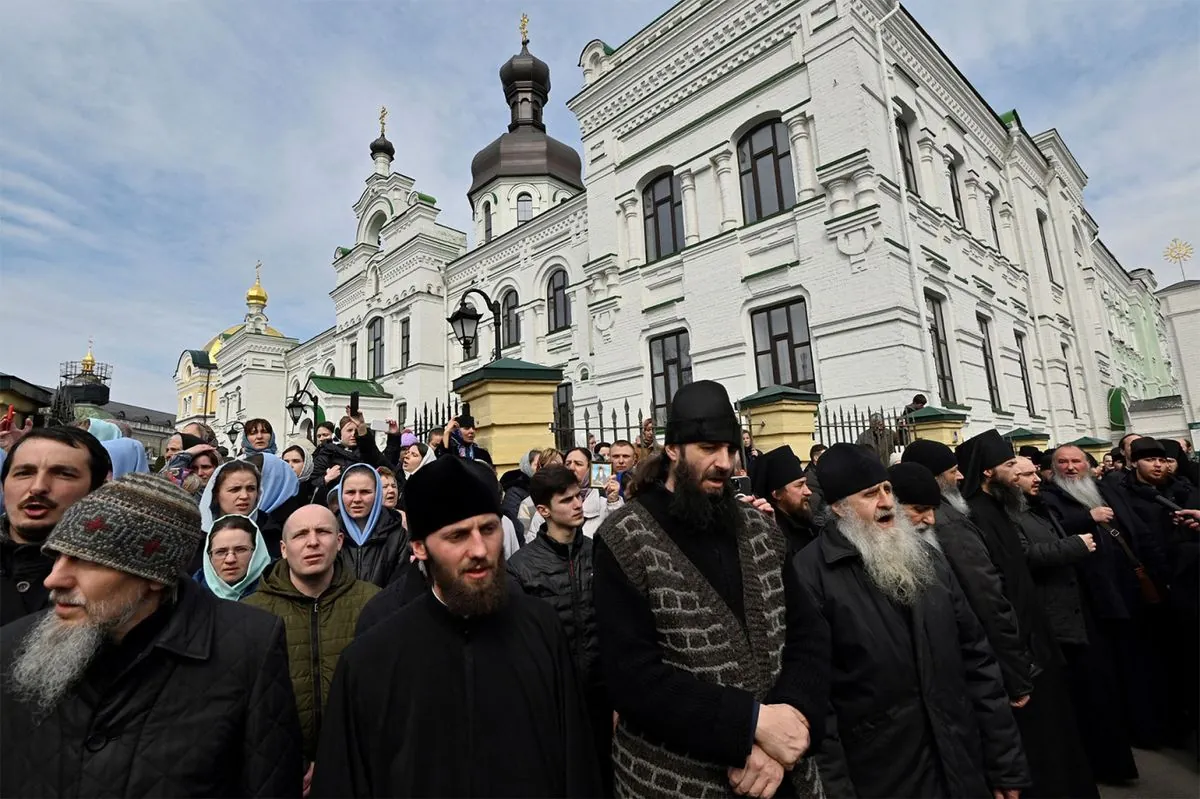Ukraine's Religious Landscape Shifts Amid Geopolitical Tensions
Ukraine's new law on religious organizations sparks debate over church-state relations and religious freedom. Lobbyists and religious leaders engage in competing campaigns to influence U.S. lawmakers and public opinion.

In a complex interplay of religion and geopolitics, Ukraine's recent legislation targeting religious organizations with ties to Russia has ignited a fierce debate about religious freedom and national security. The law, passed on August 20, 2023, has become a focal point for competing lobbying efforts in the United States, as both sides seek to influence lawmakers and public opinion.
The Ukrainian Orthodox Church of the Moscow Patriarchate (UOC-MP), historically linked to the Russian Orthodox Church, finds itself at the center of this controversy. Ukrainian authorities have accused some UOC-MP clergy of assisting Russian forces during the ongoing conflict, leading to criminal proceedings against dozens of clergymen.
"You can't ban a church. It's completely contrary to the rule of law."
Amsterdam, hired by Vadim Novinsky, a Russian-Ukrainian tycoon with close ties to the Russian Orthodox Church leadership, has spearheaded a lobbying campaign portraying Ukraine as anti-Christian. This narrative echoes Kremlin propaganda strategies outlined in internal documents reviewed by The Washington Post.

Countering these efforts, Ukrainian evangelical and Baptist leaders have launched their own campaign to influence U.S. lawmakers. They highlight Russia's oppression of non-Orthodox faiths in occupied territories, providing testimony about church closures and the persecution of religious leaders.
The conflict has deep historical roots. The Ukrainian Orthodox Church has been tied to the Russian Orthodox Church since the 10th century, making the current situation particularly complex. In 2019, the Ecumenical Patriarch of Constantinople granted autocephaly to the Orthodox Church of Ukraine (OCU), creating a parallel structure independent of Moscow's influence.
Ukraine's government maintains that it seeks an independent Orthodox Church, free from Moscow's control. However, critics, including Pope Francis, have expressed concern about religious freedom in the country.
As the debate continues, the implications extend beyond Ukraine's borders. The issue has caught the attention of U.S. lawmakers and media figures, with potential ramifications for international support for Ukraine in its ongoing conflict with Russia.
The situation underscores the intricate relationship between religion, politics, and national identity in Eastern Europe. As Ukraine navigates these challenges, the international community watches closely, weighing concerns about religious freedom against geopolitical realities in a region shaped by centuries of complex religious and cultural ties.


































